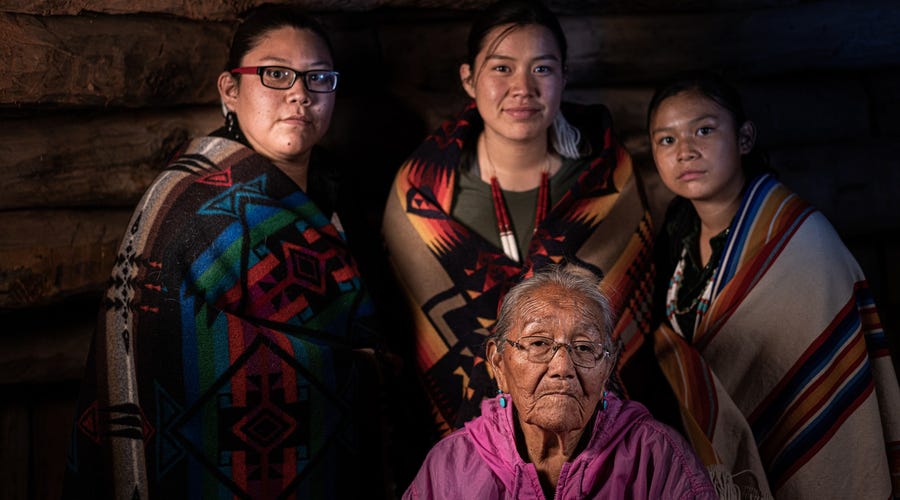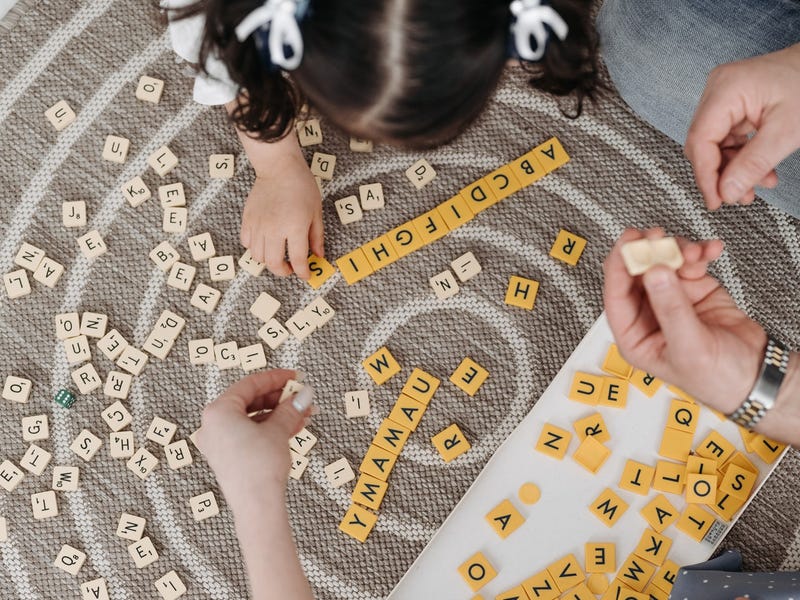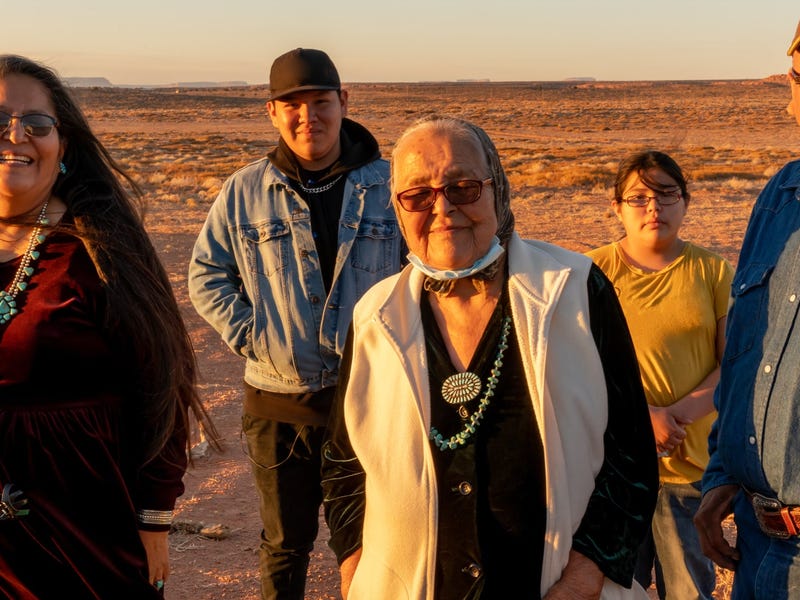
What are endangered languages and how can we help save them?
Author: Saga Briggs
Conservation isn’t just for the environment. Many languages on Earth face extinction, and there are legitimate reasons to be concerned with their preservation, from education equality to world peace.
In this post, we cover some of the main questions people often ask about endangered languages and explain what can be done to help keep them around.
Even if you never plan to learn an endangered language yourself, there are a few things you can do to support their preservation.
How many languages are there, and how many are endangered?
There are approximately 7,000 known living languages, according to the World Economic Forum. One-third of these languages are African. However, most of the world speaks one of 20 languages, and two-fifths of the world’s languages are positioned to die out.
Not all endangered languages are at equal risk of dying out. Here is UNESCO’s classification system which shows how vulnerable a language is:
| Vulnerable | Most children speak the language, but it may be restricted to certain domains (e.g., home). |
| Definitely endangered | Children no longer learn the language as a 'mother tongue' in the home. |
| Severely endangered | Language is spoken by grandparents and older generations; while the parent generation may understand it, they do not speak it to children or among themselves. |
| Critically endangered | The youngest speakers are grandparents and older, and they speak the language partially and infrequently. |
| Extinct | There are no speakers left. |
Australia holds the world record for endangered languages, if measured relative to population. Over 300 Aboriginal languages were spoken around the country before European settlers arrived. One-third of those have died out, and linguists say the remaining two-thirds are critically endangered. Just one dozen of the original 300 are still being taught to children.

Endangered languages and risk factors
A brand new paper, published by researchers at Australian National University, found that 1,500 of the world’s endangered languages are at risk of disappearing by the end of the century. Some of the factors contributing to these languages’ extinction surprised the researchers, such as road density in certain countries:
“We found that the more roads there are, connecting country to city, and villages to towns, the higher the risk of languages being endangered. It's as if roads are helping dominant languages 'steam roll' over other smaller languages.”
Another factor was years of schooling, showing that language endangerment increased as kids moved through the education system. The researchers interpreted this as “evidence that formal education can contribute to loss of language diversity,” highlighting the importance of offering bilingual courses to offset the dominance of the main languages taught.
So why does it matter whether we save these languages, and what can we do to keep them protected?
Why should we preserve endangered languages?
.jpg?auto=webp&format=pjpg&quality=80&)
Language creates reality. When a language dies out, part of a culture dies out too.
For example, the native American language, the Cherokee language in the Eastern United States has words for berries that indicate whether or not they are poisonous. And sometimes it’s the “absence” of certain words that says more about a language than the presence of certain words. There are no words for “goodbye” or “I’m sorry” in Cherokee. Instead of “goodbye,” Cherokee speakers say, “I will see you again.”
“Language is the cultural glue that binds communities together,” writes Anastasia Riehl, director of the Strathy Language Unit at Queen’s University in Canada. “Language loss is a loss of community heritage—from histories and ancestral lineages known only through oral storytelling, to knowledge of plants and practices codified through words unwritten and untranslated.”
In an article for the anthropology magazine Sapiens, Riehl considers how Lulamogi speakers in Uganda worry they will forget important cultural practices as their language dies out: “As people forget the dozens of terms that describe methods of trapping and eating white ants—such as okukunia, okutegerera, and okubuutira—they will forget this important cultural practice. Also at risk are the phrases and associated customs for welcoming the agricultural seasons and washing the bodies of the dead.”
She also points out that in places like British Columbia, youth suicide rates are “six times lower in in Indigenous communities where at least 50 percent of the population speaks the native language.” Binge drinking, illegal drug use, and domestic violence is also lower in communities of young people who speak Indigenous languages in the Aboriginal and Torres Strait Islands of Australia.
Linguists fear that ancient knowledge of the world, as well as unique and insightful ways of interpreting human behavior and emotion, will disappear as these endangered languages fade. What’s more, some scholars worry about the imbalance of power this might cause on a global level:
“Simply continuing the status quo in education with the almost exclusive use of languages like English, French, Portuguese and Arabic will exclusively serve the interests of the former imperialist powers and perpetuates post-colonial political and cultural dominance,” writes H. Ekkehard Wolff, Emeritus Professor of African Linguistics at the University of Leipzig in an article for The Conversation.
Others frame their concerns more philosophically:
“We spend huge amounts of money protecting species and biodiversity,” says Mark Turin, an anthropologist and linguist at Yale University, “so why should it be that the one thing that makes us singularly human shouldn’t be similarly nourished and protected?”
How can we save endangered languages?

Wolff recommends implementing a few “golden rules” to help save vulnerable languages on the African continent, many of which can be generalized to other parts of the world:
- recognize and accept multilingualism as the norm;
- don’t teach children in a language they don’t understand;
- if necessary, make education trilingual;
- make language policy inclusive;
- consider the long-term gains over the short-term economic burden.
Some organizations are stepping in with technology such as Artificial Intelligence to help preserve vulnerable languages. Nigeria has adopted OBTranslate to help translate over 2,000 Africa languages “while preserving them for posterity.” Australia is using Opie, a robot built on open source AI platform TensorFlow, to teach children indigenous languages through games and stories. In New Zealand, a Facebook chatbot called Reobot has been developed to help kids learn Maori.
You can also support existing endangered languages project initiatives to preserve endangered languages, unite speakers, and provide multimedia teaching tools: the Digital Himalayas project, the Diyari blog, the Arctic Languages Vitality project and the Enduring Voices Project are a few places to start.


